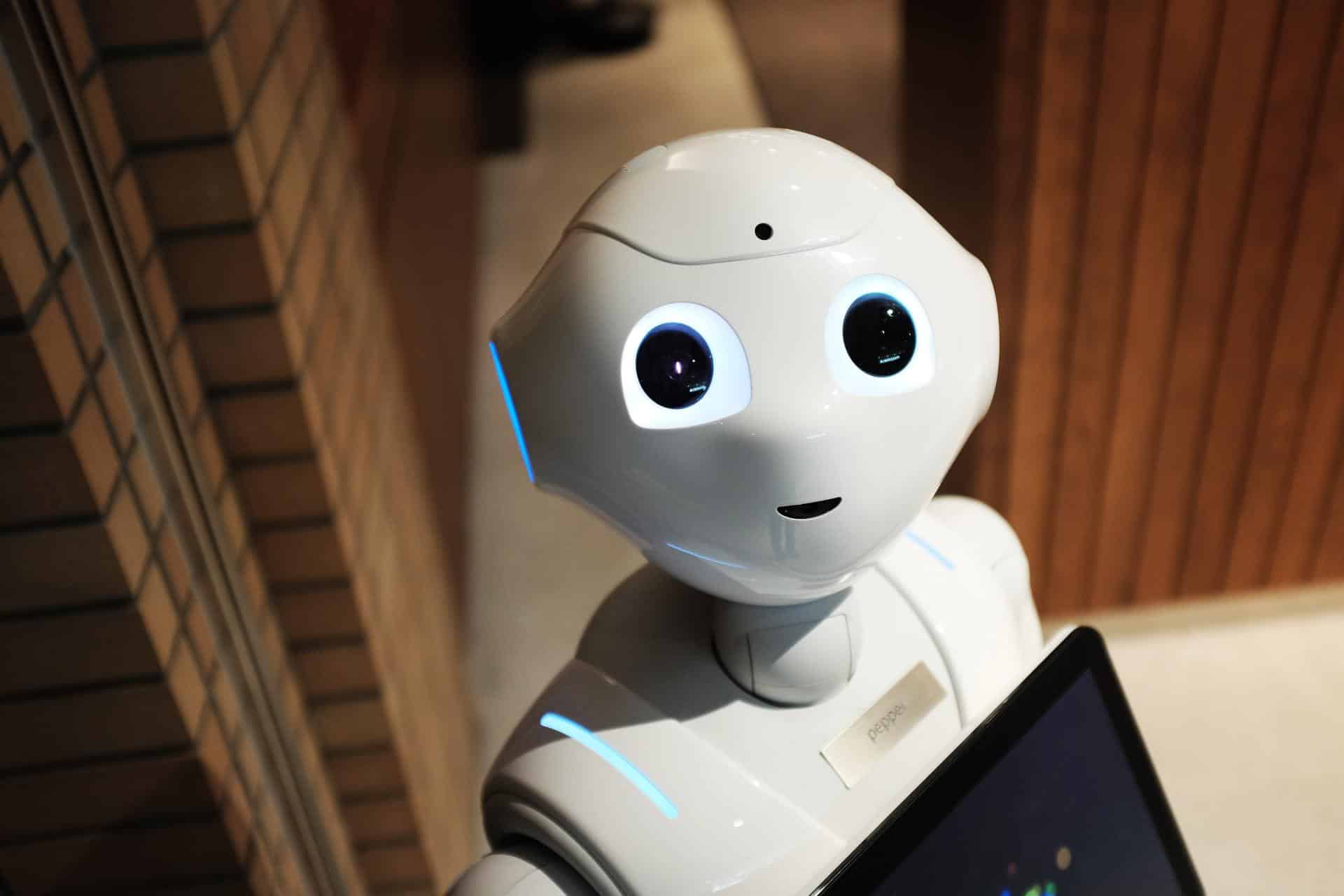
AI applications are playing an increasingly important role in our lives. These tech systems are becoming more and more sophisticated: they can now perform complex tasks and make intelligent decisions.
The adoption of AI in areas such as healthcare, finance, e-commerce, the automotive industry and logistics, for example, is stimulating demand for new solutions and accelerating the development of these new technologies.
Are you familiar with these AI innovations?
We know that AI can generate content (not as good as the one you're reading though, sorry chat GPT ! :)).
Today, it has enabled the development of highly realistic text-to-speech systems, which generate human voices that are almost indistinguishable from real voices. The result is increasingly natural and convincing voice assistants.
AI has revolutionised facial recognition, making it possible to automatically identify and verify faces in images and videos. This is the technology you use to sign bank transfers or open your phone. It is also used in marketing.
At the same time, AI has enabled huge advances in computer vision. Machines can now visually perceive and understand the world around them, detect objects and recognise images.
AI's ability to process natural language (understanding and interpreting it) has improved considerably. This has led to the development of chatbots, virtual assistants with which humans can have increasingly fluid and realistic conversations.
So will we be able to replace recruiters with AI, for example?
The example of recruitment.
Are you familiar with deepfake? What's the connection with recruitment, you might ask?
This artificial intelligence technique makes it possible to create multimedia content, such as videos or images, in which a person's face or voice is replaced by another person.
This technique has been used for humorous content, parodies, political manipulation, viral videos and even artistic applications.
So, could we imagine using deepfake in recruitment?
Yes...
Deepfakes could be used to create videos of candidates performing specific tasks or presenting their professional skills virtually.
Deepfakes could be used to analyse candidates' personalities based on their facial expressions and body language in simulated situations.
It is even possible to imagine the deepfake designing an ideal recruiter or employer, asking questions and evaluating candidates' answers.
AI allows us to imagine a world with new realities, which increases new possibilities tenfold. However, we need to be extremely cautious about its use, as it raises a number of ethical issues.
Alongside these issues, in our field at Kalytech), AI provides us with tools that enable us to improve and speed up the recruitment process. The fact remains that human contact, intuition and feeling are still at the heart of our candidate selection processes and guide recruiters in making a well-considered choice.
We believe that it is impossible to ignore human and emotional intelligence when it comes to staffing.